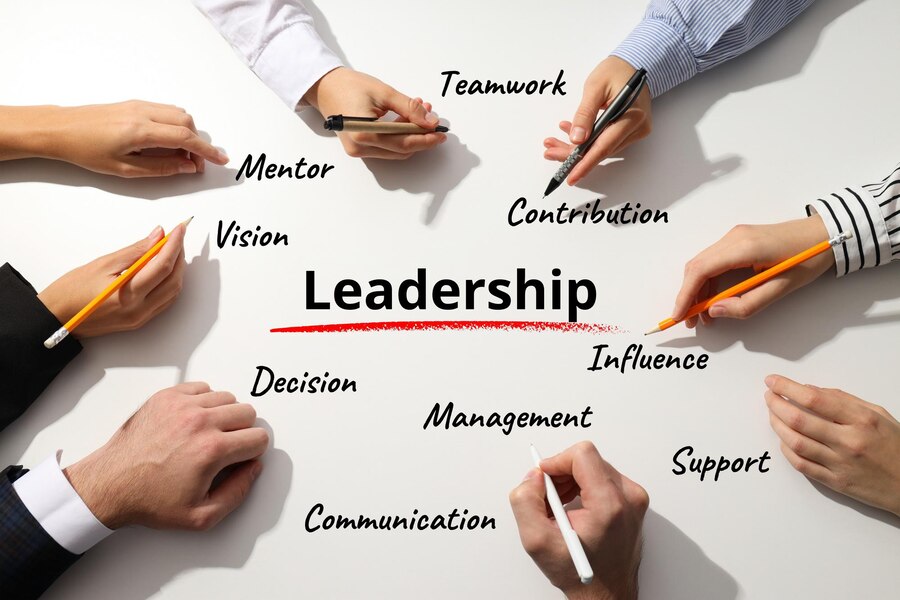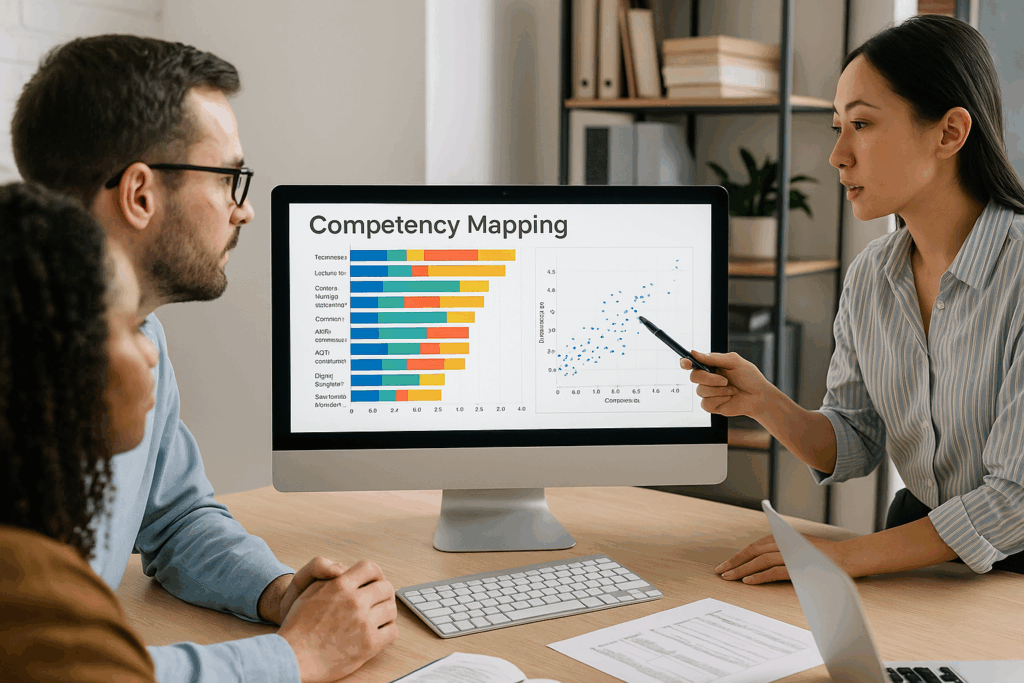Effective leadership is the foundation of any successful organization. As workplaces evolve, so do leadership development strategies. Companies are adopting innovative approaches to ensure their leaders are equipped with the skills necessary to navigate an ever-changing business landscape. Here are some of the top leadership development trends shaping the future of work.
1. Personalized Leadership Training
Gone are the days of one-size-fits-all leadership programs. Organizations are now focusing on personalized learning experiences tailored to individual strengths, weaknesses, and career goals. AI-driven analytics and coaching tools help create customized development plans.
2. Emphasis on Emotional Intelligence (EI)
Great leaders are not just knowledgeable; they are emotionally intelligent. Leadership programs now prioritize EI training, helping leaders enhance their self-awareness, empathy, and interpersonal skills to foster stronger workplace relationships.
3. Digital Leadership Skills
With the rise of remote and hybrid work models, leaders must be proficient in digital communication and collaboration tools. Leadership development programs are focusing on equipping leaders with the skills needed to manage distributed teams effectively.
4. Continuous Learning and Microlearning
Rather than traditional workshops, leadership development now incorporates microlearning—short, focused learning sessions that fit into busy schedules. Continuous learning platforms offer on-demand resources, ensuring leaders can upskill whenever needed.
5. Inclusive Leadership and Diversity Training
As organizations strive for greater diversity, equity, and inclusion (DEI), leadership training now includes courses on inclusive leadership. Companies are training leaders to recognize and mitigate unconscious bias, foster diverse teams, and create equitable workplaces.
6. Coaching and Mentorship Programs
Organizations are investing in coaching and mentorship programs to help emerging leaders develop their skills through real-world guidance. Executive coaching and peer mentoring are becoming standard leadership development tools.
7. Agile and Adaptive Leadership
The business world is evolving at an unprecedented pace, requiring leaders to be flexible and adaptable. Leadership programs are now incorporating agile methodologies to help leaders make quick, informed decisions in dynamic environments.
8. Well-Being and Resilience Training
Stress management, mindfulness, and resilience-building are now integral parts of leadership development. Organizations recognize that a leader’s well-being impacts their ability to guide teams effectively, making mental health support a key focus.
9. Data-Driven Leadership Development
Analytics and performance metrics are being used to track leadership growth and identify skill gaps. Companies are leveraging data-driven insights to refine training programs and ensure leaders are developing in alignment with business objectives.
10. Purpose-Driven Leadership
Modern leaders are expected to lead with purpose, aligning business goals with broader societal and environmental concerns. Leadership development now emphasizes ethical decision-making, corporate social responsibility, and values-driven leadership.
Conclusion
Leadership development is evolving to meet the demands of a rapidly changing workplace. By embracing these trends, organizations can cultivate effective, forward-thinking leaders who drive innovation, engagement, and long-term success.










